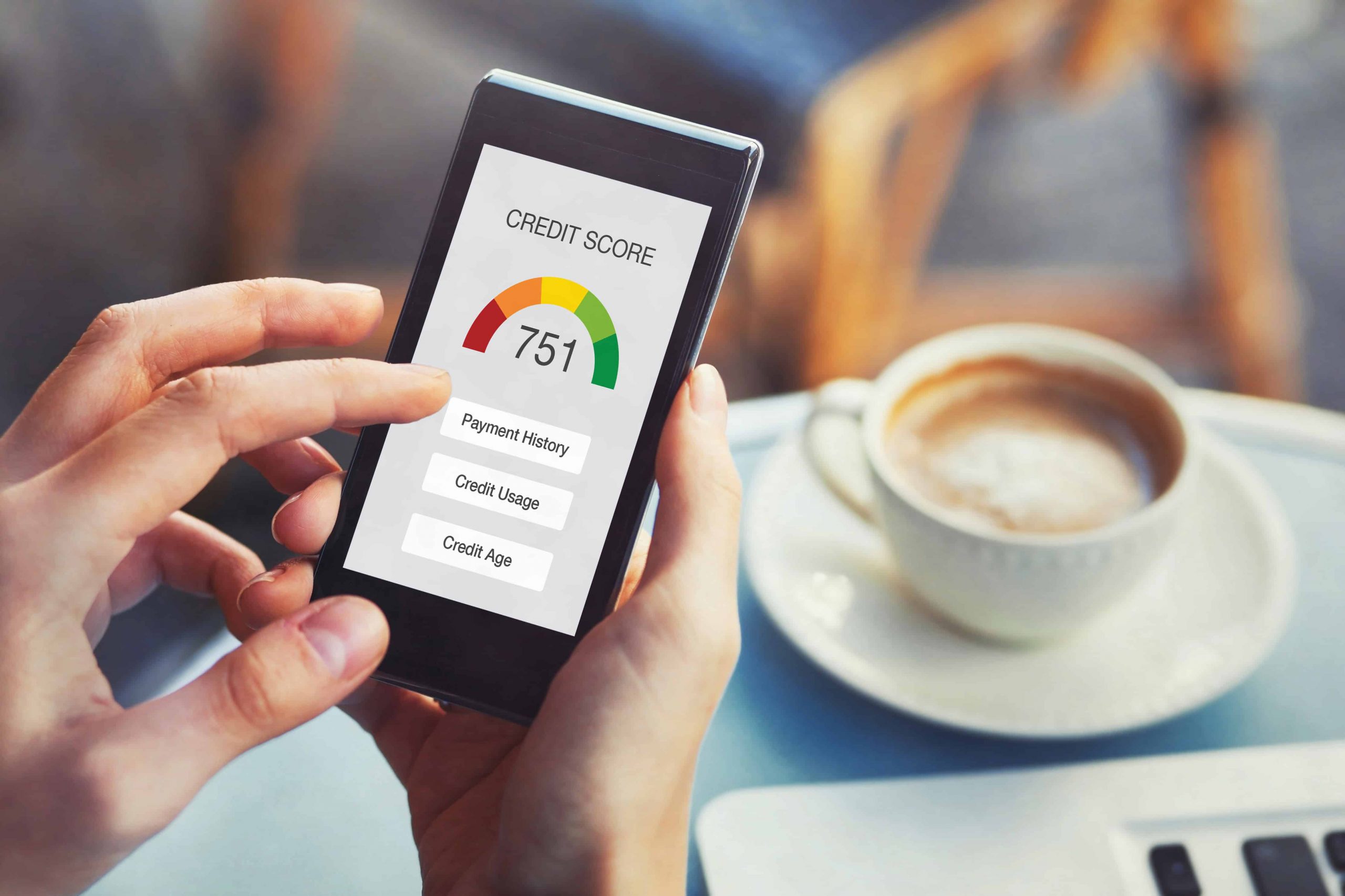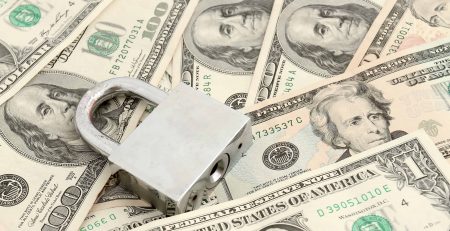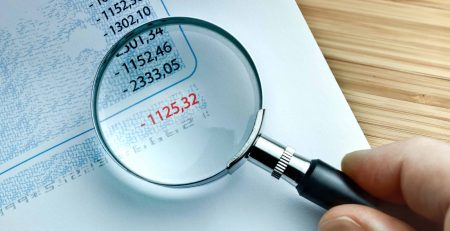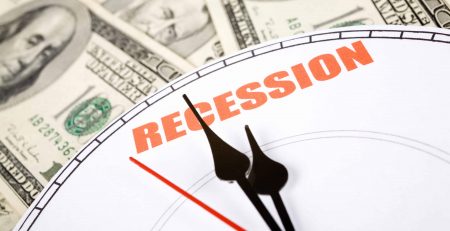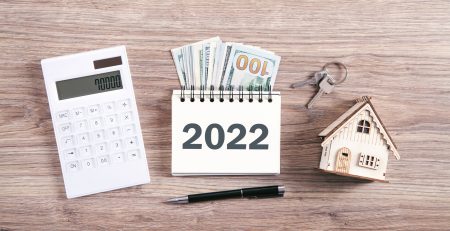Many Americans find it challenging to handle their credit. If you experience the same issue, you most certainly are not alone. Your credit score might not be as high as it could be. You still have a chance to make things right! There are different ways to raise your credit score.
Getting to Know Your Credit Score
You first need to understand your credit score in order to figure out how to improve your credit. Your credit score is a figure that can vary between 300 and 850. The creditworthiness of a person is measured by this score. To explain further, creditworthiness is a person’s ability to manage credit reliably. Lenders will consider you to be a good borrower if you have a good credit score.
The data on your credit report is used to determine your credit score. Your report contains a history of your credit account data including the number of open credit accounts, total outstanding debt, payment history, and more. It is credit bureaus that determine your credit score. They primarily use the FICO credit model and the VantageScore credit model as their two key scoring models. The FICO score is used the majority of the time.
Things That Affect Your Credit Score
Your credit score will be affected by the details on your credit report. There are five different categories in which this data can be sorted. Each of these categories has a different effect on your report. Your credit score is affected by the following elements:
- History of Payments (35%)
- Credit Usage Ratio (30%)
- Length of Credit History (15%)
- Hard Credit Pulls (10%)
- Different Types of Credit (10%)
History of Payments
Your payment history is an important element because it impacts 35% of your credit score. This portion includes the number of late payments, timely payments, accounts that were turned over to collections, bankruptcies, and more. This can assist in creating a complete image for lenders who are trying to figure out who you are as a borrower.
Credit Usage Ratio
Your credit usage ratio measures how much debt you have compared to your overall available credit. With a 30% impact, this is the second most important element of your credit score. The amount of credit you are using in relation to your credit limit is measured by your usage ratio.
Let’s look at an example to help you better understand what your credit utilization ratio is. Let’s say you have two credit cards and the total amount of credit you have is $1,800. This is the maximum amount of credit you may use. Your usage of credit will be compared to this limit. Let’s say the total amount of credit you use on your two cards amounts to $900. Your $900 usage would be compared to your $1,800 limit as a ratio. Keep your credit usage under 30% as a general rule! This means that if your spending limit was $1,800, you should not spend any more than $540.
Length of Credit History
Also known as the age of your credit, your credit history is an important factor. 15% of your credit score is determined by this, making it not as important as other elements. However, you should still be aware of it! When considering canceling credit accounts, keep this in mind. You can experience a drop in your credit score if you decide to close your credit card account even if it’s not being used. That’s because the average age of your credit will go down temporarily. It won’t be until more time passes that you will see that negative impact go away.
Hard Credit Pulls
Hard pulls have a 10% effect on your credit score, which is small but still noticeable. There are two types of pulls: soft pulls, which have no effect on your credit, and hard pulls. Hard pulls are different since they affect your credit and, in comparison to soft inquiries, need the consumer’s written approval. Lenders may want a hard pull of your credit, which checks your credit records when they want to find out the risk involved with you as a borrower. Normally, this is carried throughout the underwriting process! However, hard pulls shouldn’t cause you too much stress as they fall away after about two years.
Different Types of Credit
Your variety of credit is close to last among the important factors of your credit score with only 10% of an impact. Credit cards, store accounts, installment loans, and other options are different forms of credit. You shouldn’t worry too much even if you only have one type of credit. Having different accounts may signify better credit health. However, you don’t have to take pains to get a range of accounts!
How Can You Tell If Your Credit Score is Low?
When you have bad credit, it can be harder to achieve things like buying a house or car, receiving a loan, etc. Lenders will consider you a bad borrower if you have a low credit score. Having a bad credit score may result in lenders viewing you as a subprime borrower. Even if you are accepted, you might still have to pay higher interest rates, which could end up costing you more money overall.
There are many credit score groupings if you’re following the FICO scoring system. If your credit score is below 669 this is typically not considered a good credit score. Scores between 580 and 669 are considered fair. However, despite not being considered good, they are still better than bad. Credit ratings under 580 are seen as poor or bad.
Ways to Improve Your Credit
By looking at your credit report and credit score, you can start to understand your credit status. Most of the time, your credit accounts allow you to quickly check your credit score. Credit card providers typically offer their customers who have credit accounts the option to check their scores at any time at no cost. Discover, Capital One, and other popular credit card companies are some examples.
A free credit report is offered to customers once every 12 months. By visiting the Annual Credit Report website, you can get a free copy of your report. If you think that your credit score could be higher, there are steps you can take to raise it. There are more options than you might think, despite the fact that it sometimes feels stressful! Popular methods for improving credit include:
- Managing Your Personal Credit Better
- Receiving Help from a Credit Repair Company
Managing Your Personal Credit Better
Repairing your credit on your own may both raise your credit score as well as help you develop better habits. Steps you can take to manage your personal credit better include:
- Proving Any Incorrect Information False
- Making Timely Bill Payments
- Managing a Credit Utilization Rate Under 30%
- Getting Rid of Debt
- Accounting for Different Bills
- Receiving Support from a Credit Counseling Agency
Proving Any Incorrect Information False
You should check your credit report after receiving it for any mistakes that might be negatively affecting it. Identity mistakes, wrong account status information, data management problems, and other errors are frequent. You can prove these mistakes false with the help of credit reporting agencies. While this may seem difficult, it isn’t necessarily. That’s because these agencies are supposed to provide correct information on your credit report. You can have mistakes removed from your report by pointing out the fact they aren’t true. They will no longer negatively affect your report once they are removed, and your credit score may even rise as a result.
Making Timely Bill Payments
You have to take the best possible care of your payment history because it plays such a big part in determining your credit score. Your credit score will improve if you make sure to pay your bills as they come. Setting up automatic payments may be useful if you have a habit of forgetting things. The necessary payments are taken directly from your bank account when you do this. As a result, you won’t have to worry about forgetting to pay. You should be aware of the day on which the payment is taken so that you can check your bank account to make sure the money has been paid. It can be helpful to speak with your lender if you don’t have enough money to pay your bills. You may not know how open and understanding your lender can be.
Managing a Credit Utilization Rate Under 30%
As we previously mentioned, it’s important to have your credit utilization rate under 30%. Paying off your credit card each month, however, can lead to major increases in your score. Make sure you are aware of your credit limit and current credit usage because your credit utilization rate is the second most important element of your credit.
Getting Rid of Debt
Debt is a problem for many Americans. 77% of American households have some sort of debt, with the average American owing $58,604 in total. Debt on credit cards, student loans, mortgages, and other common types are just a few examples that can pile up. You can handle debt in a range of ways. Just make sure to choose a plan that matches your financial situation, way of living, and personality. While some prefer to start with their credit card debt, others prefer to handle larger bills like a mortgage first. Find out whether there are any prepayment penalties before paying off debt. If the borrower pays off their debt too soon, some lenders may apply fees!
Accounting for Different Bills
Experian, one of the major credit bureaus, offers a service called Experian Boost that you can use to raise your credit scores. This tool will track timely payments for a variety of services including some streaming services, phone bills, and utility bills. Since they are considered a part of your payment history, these scores may be able to boost or even improve your score when they are sent to the credit reporting bureaus.
Receiving Support from a Credit Counseling Agency
To improve your credit on your own, you must equip yourself with the tools needed. You might possibly benefit from contacting a credit counseling agency. You can learn from these agencies about different financial topics, including money, debt, budgets, credit scores, and more. Typically, these are nonprofit agencies and have certified advisors. These certified advisors can offer advice and information to support you based on your current financial state and interests.
Making Use of a Credit Repair Company
Credit repair companies are another option that consumers have. For a price, these companies provide repair services. However, consumers can do these things on their own as the services provided are not particularly special. Their skills and experience, however, are promoted as being able to help people fix problems quickly and with little effort.
Credit repair companies might be helpful, but they might not be the greatest choice to keep in mind. You can do all of their services for free and use the money you would have spent on credit repair to boost your savings or pay off previous debts. Choosing a good and legit credit repair company is important if you’re interested in getting started.
Due to all the scamming that has happened in the field, credit repair companies have a slightly negative reputation. Because of this, there are protections in place that describe how credit repair companies are allowed to behave. The Credit Repair Organizations Act (CROA) would ensure, among other things, that qualified credit repair companies won’t charge a fee in advance and must be transparent and honest with you about the credit repair process.
How Long Will It Take for Your Credit to Improve?
Unfortunately, it is hard to say how long it will take to repair your credit. However, what you should know is that it takes work and relies on a number of things. The amount of effort required to repair each credit issue changes because each one is different.
Think about the following situation: You check your credit history and discover a collection account from five years ago. If you think the information is incorrect or impossible to prove, you can file a complaint. However, after seven years, collection accounts are removed from your credit. You could expect the negative mark to be deleted from your credit, no matter when you do it.
You may also notice other than collection accounts, more negative items get removed from your account with time. There’s a timeline for these things, for example:
- Hard pulls fall off after two years.
- After 7 years, late payments fall off.
- After 7 years, collection accounts fall off.
- After 7 years, Chapter 13 bankruptcies fall off.
- After 10 years, Chapter 7 bankruptcies fall off.
Questions Often Asked
You may have many questions while you work to raise your credit. However, a lot of individuals along the way have asked the same questions that you might have.
How to Continue Having Good Credit?
Getting a good or excellent credit score should be your main goal while improving your credit. However, it’s important to make sure you keep that score once you’ve earned it. You may keep up good credit by:
- Keeping Regular Credit Reports
- Maintaining a 30% Credit Utilization Rate or Lower
- Paying Bills Quickly
Are Credit Card Companies and Credit Bureaus the Same Thing?
No! Credit cards are given out by credit card companies. Credit bureaus are reporting agencies that collect information about your credit history and calculate your credit score. Since credit card companies are considered to be lenders, your score may affect their decision to accept you.
Will My Credit Report Contain Incorrect Information?
No, not always. It’s possible that you won’t find any mistakes that you can question. If so, simply following good credit habits will help in raising your score. To make progress, you don’t only have to prove incorrect information to be wrong.
Summary
It’s not as difficult as it may seem to improve your credit score. In fact, there are many methods you can use to do so. There are so many factors that impact your credit score, such as your payment history, credit usage, credit history, etc. Even while increases won’t appear right away, if you manage your credit better, you will definitely see them in time. You may increase your credit score for free by making sure that you pay your bills on time, dispute any mistakes on your credit report, keep your credit usage below 30%, pay off debt, and other steps.

